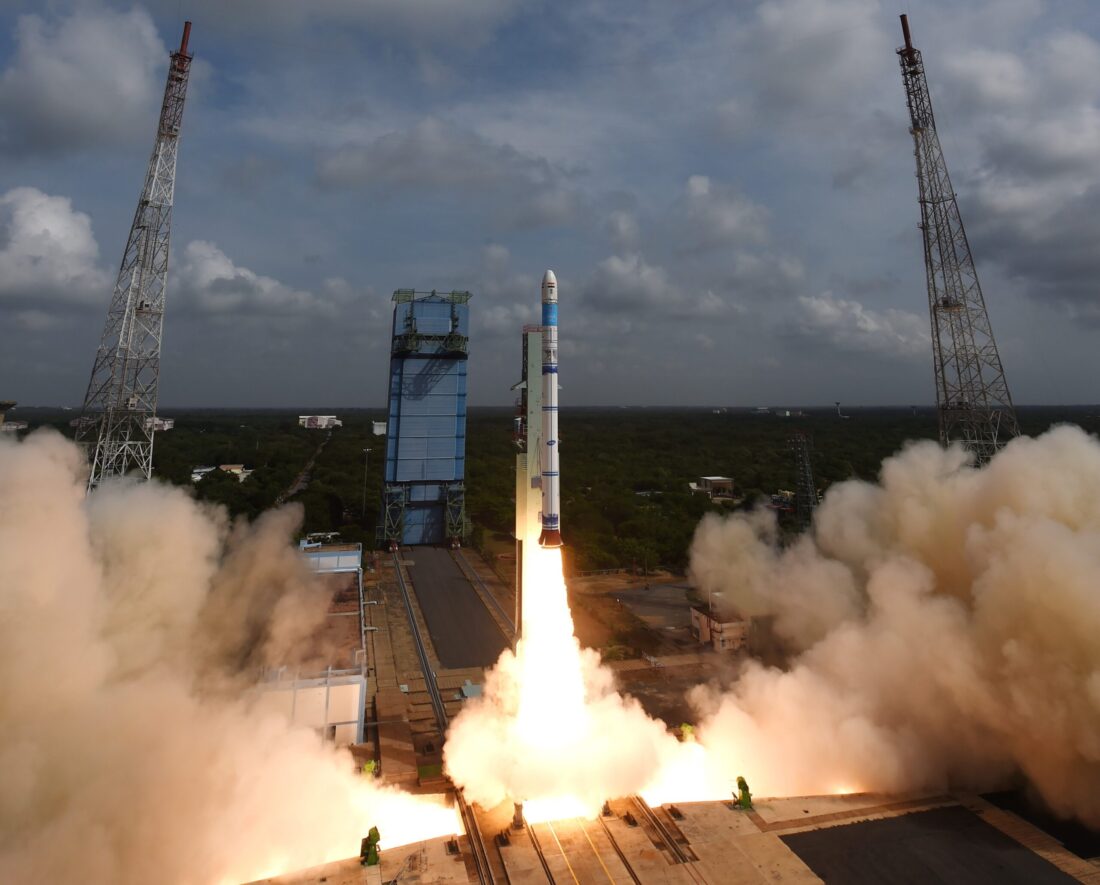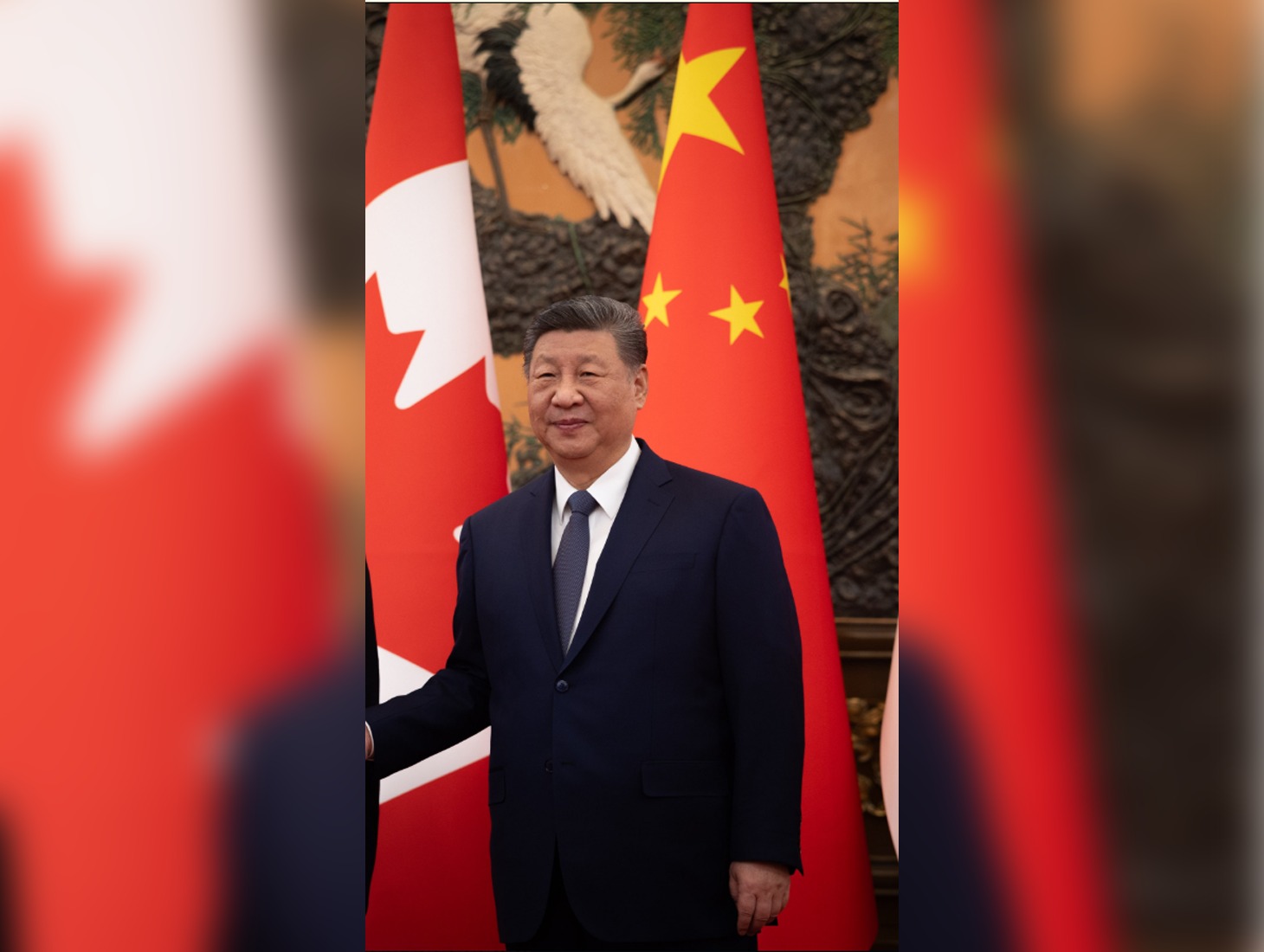North News
New Delhi, December 30
The Indian Space Research Organisation (ISRO) announced on Monday the scheduled launch of its PSLV-C60 rocket carrying the SpaDeX (Space Docking Experiment) and other innovative payloads. The liftoff is set for tonight at precisely 10:00:15 PM from Sriharikota, marking a significant milestone in India’s space capabilities.
By mastering spacecraft docking technology, India aims to join the elite ranks of the United States, Russia, and China. The successful execution of SpaDeX could lead to advancements in satellite servicing, enhance India’s lunar exploration capabilities, and support ambitious interplanetary missions. This mission is poised to define India’s space trajectory for decades, reinforcing its status as a major player in the global space arena.
SpaDeX aims to establish India’s proficiency in orbital docking, a crucial technology for future human spaceflight and satellite servicing missions. This ambitious experiment will attempt to dock two satellites in space, a feat successfully achieved by only a few nations to date. The mission employs the indigenous Bharatiya Docking System, positioning India alongside global leaders in spacecraft docking technology.
The PSLV-C60 rocket will deploy two satellites, named ‘Chaser’ and ‘Target,’ each weighing approximately 220 kilograms. Orbiting at an altitude of 470 kilometers, the satellites will undertake precise maneuvers to reduce their relative velocities to 0.036 km/h, enabling a successful docking despite traveling at speeds of 28,800 km/h. Beyond docking, the mission will demonstrate power transfer between the satellites and operate scientific payloads post-undocking.
Earlier sharing the details, Dr. Jitendra Singh, Union Minister of State for Science and Technology, Earth Sciences, and the Department of Space, said that the mission’s significance for India’s broader space objectives. SpaDeX is a foundational step towards more complex missions such as Chandrayaan-4, the manned Gaganyaan mission, and the development of an Indian space station. Success in SpaDeX will enhance India’s capabilities in satellite servicing and crewed spaceflights, laying the groundwork for future lunar and interplanetary explorations.
In addition to SpaDeX, the PSLV’s fourth stage, POEM-4, will carry 24 experiments from academic institutions and startups, further bolstering India’s position in space innovation. These experiments are expected to contribute to various scientific fields, showcasing the collaborative efforts between ISRO and the nation’s research community.
As the countdown to the launch continues, the international community watches closely, recognizing the potential impact of SpaDeX on the future of space exploration and technology.
















